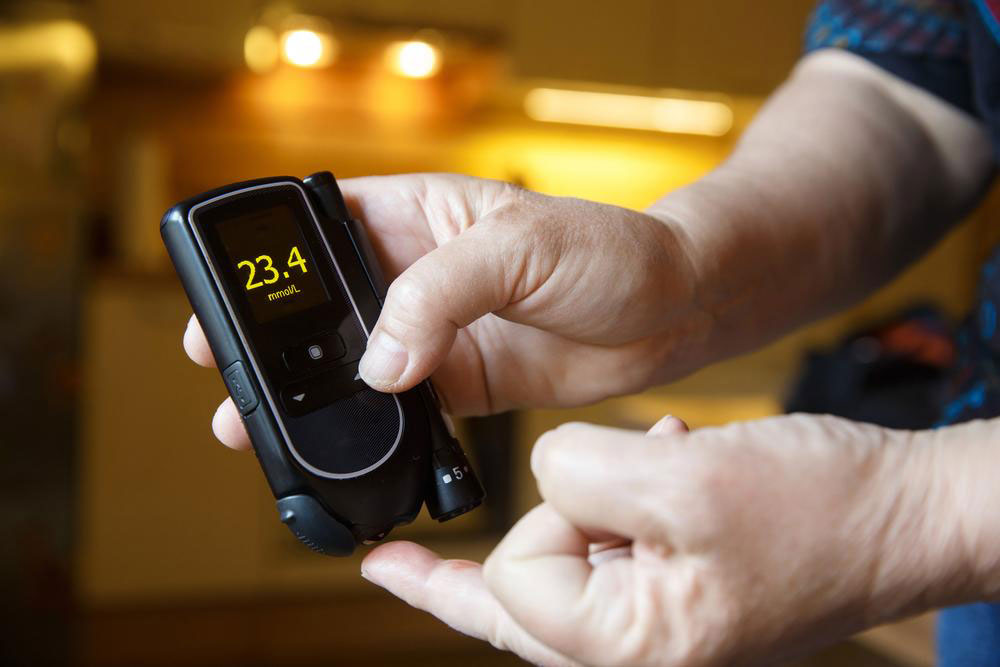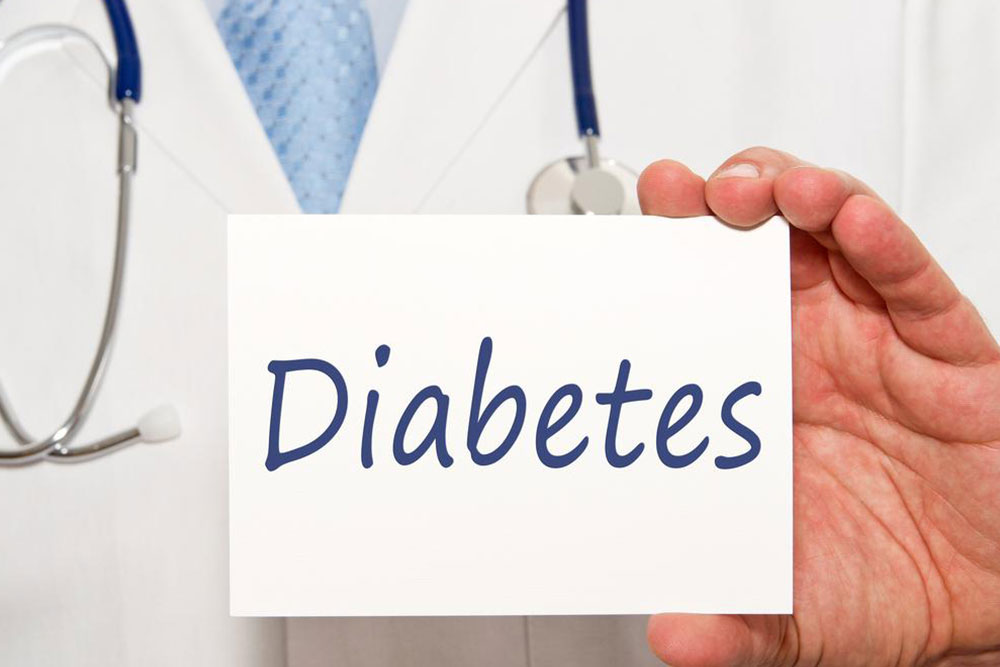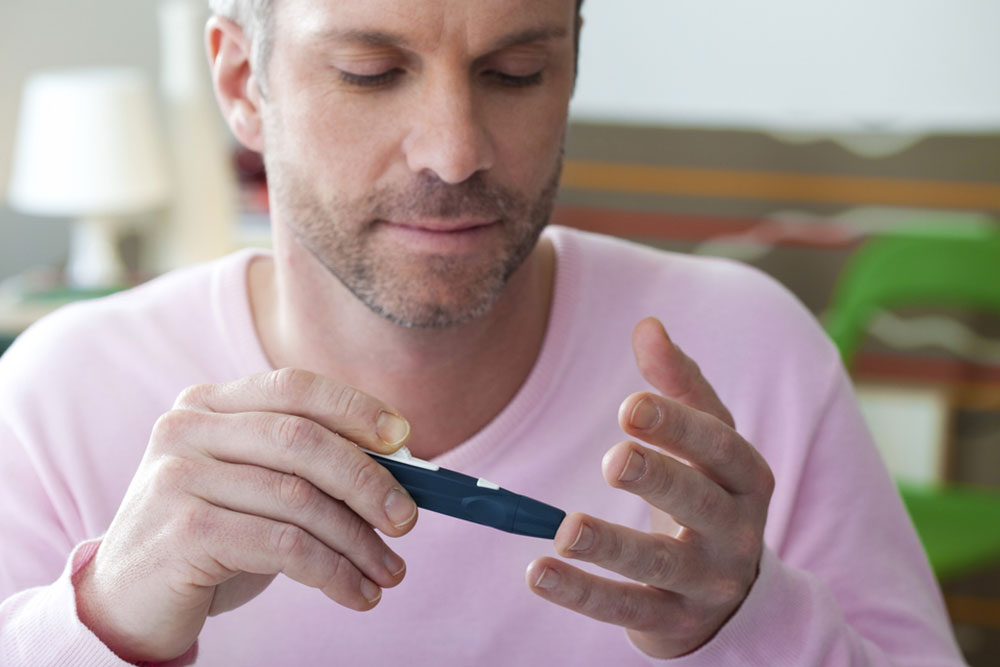Early signs of Diabetes everyone should know
Diabetes mellitus, often referred to as diabetes, is a metabolic disorder. This is a condition where you experience a high blood sugar level for a prolonged period of time. Diabetes sets in when there is a problem with the secretion of insulin. Insulin is released by the pancreas (an organ located behind the stomach), which helps in metabolizing the sugar and fat in your food.
Diabetes is caused when:
Pancreas doesn’t produce insulin,
Pancreas produce very little insulin, or
When the cells of your body don’t respond properly to insulin.

Millions of people around the world suffer from diabetes mellitus; however, many of them are unaware of it.
Types of Diabetes
Type 1 Diabetes: In this case, the beta cells responsible for the production of insulin in the pancreas are destroyed by your immune system. So, the glucose in your food doesn’t get metabolized, resulting in a high blood sugar level.
Type 2 Diabetes: This is caused when the body doesn’t respond to the insulin produced in your body”a condition also known as insulin resistance.
Gestational Diabetes: This form of diabetes occurs when pregnant women develop a high blood sugar level.
Early signs of Diabetes
Symptoms of diabetes are so mild, especially in when it’s type 2 diabetes. While type 2 is difficult to diagnose, type 1 comes with severe symptoms.
Some common symptoms of both the types of diabetes are:
– You’ll often feel hungry and fatigued
– Frequent urination i.e. more than seven times a day
– Excessive urination, leading to drying of the mouth, and itchy skin
– Swelling of eyeballs causing blurred vision
Let’s look at some of the specific symptoms now:
Symptoms of Type 1 Diabetes
– Sudden weight loss
– Nausea and frequent vomiting
Symptoms of Type 2 Diabetes
– Yeast infection in between fingers and toes, under the breast, and in or around sex organs
– Your wounds will take a lot of time to heal
– Pain or numbness in your feet or legs
All these symptoms occur due to the increase in your blood sugar level. Visit a doctor and get your sugar level tested immediately, if you’re experiencing any of these symptoms.
Prevention And Treatment
Diabetes is a chronic disease and will stay throughout your life. Prevention and treatment involve maintaining a healthy diet and lifestyle. Make sure you exercise every day and avoid sugar-laden foods completely. Type 1 can be managed by taking insulin injections. Type 2 injections, however, may or may not contain insulin. Gestational diabetes usually resolves after the delivery.
Keep a close watch on your blood sugar levels. You can control your blood sugar levels with a combination of medications, exercise, and diet. All the best!




